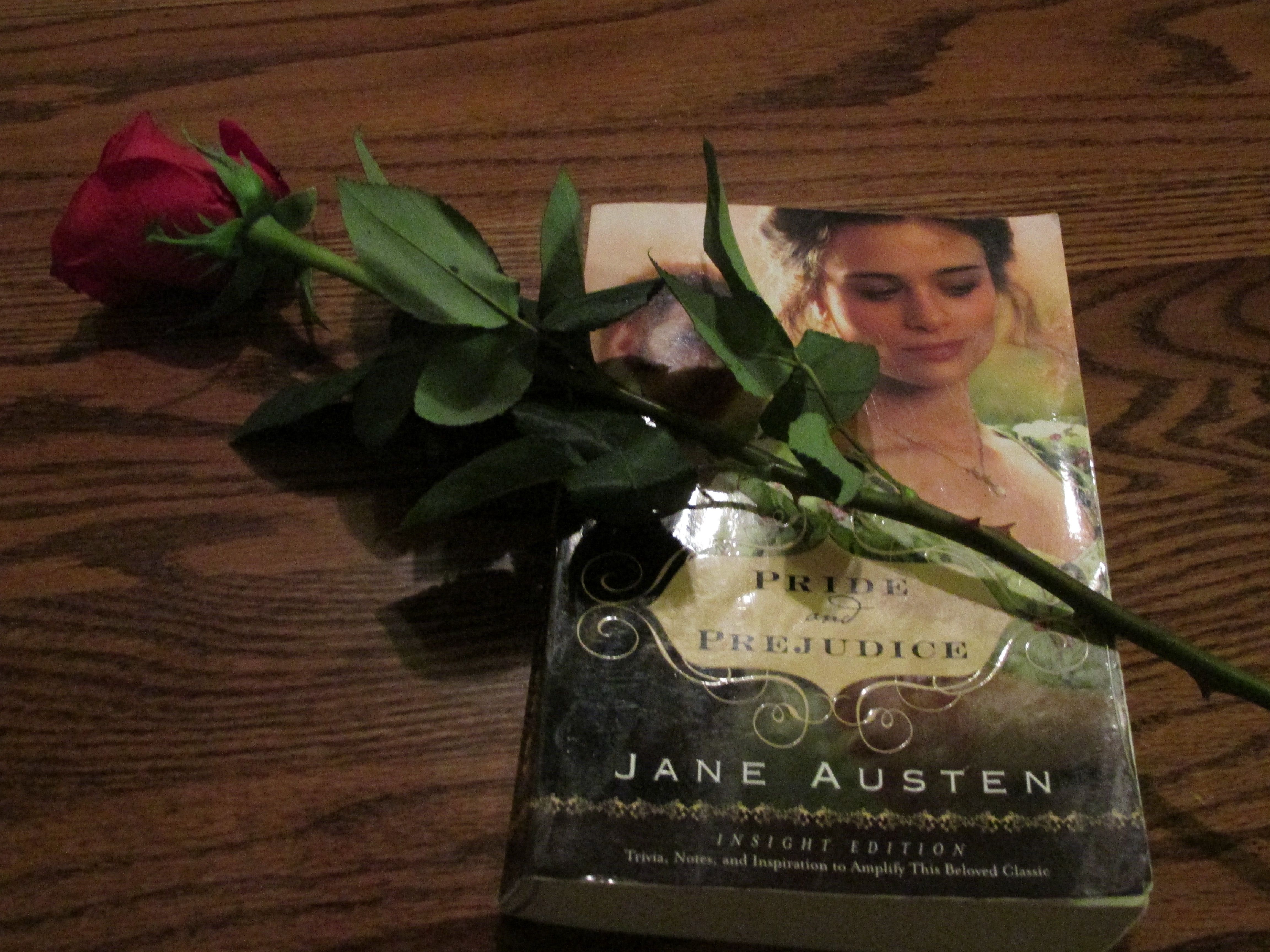By Sandra Merville Hart
I’ve read Jane Austen’s Pride and Prejudice at least a dozen times and loved it every time. As a writer of historical novels, I’ve learned dialogue that thrilled Jane’s readers doesn’t work as well today.
Don’t get me wrong — the conversations between Miss Elizabeth Bennet and Mr. Darcy still sparkle and shine. Their dialogue tantalizes and intrigues us to read on. Even though we sense the couple will marry in the end, Austen weaves convincing arguments that cause us to wonder just how they will overcome all the obstacles in their way.
Austen wrote romances that live on in our hearts.
Writing dialogue for today’s readers of historic novels isn’t quite the same. At least three things have changed over the years.
The first difference you may notice in reading Pride and Prejudice is the very long paragraphs of dialogue. One person might speak for an entire page without interruption. Such lengthy paragraphs no longer work. Readers of current historic novels will probably be tempted to skim through such passages and miss the gems contained inside. Authors must consider shortening these conversations even though it is authentic to the period.
The second difference in Austen’s classic work is that dialogue often continues for several pages with very little action. Conversation was one of the main pastimes in days gone by. Most people worked long days and looked forward to relaxing with a friend over a cup of coffee or tea, so these visits became natural scenes in their literature. Writers these days must shorten dialogue and include plenty of action to hold our reader’s attention.
Another difference about Austen’s era was the formal language. They spoke more eloquently. They communicated well. We’ve lost a little of this ability because of all the distractions in our lives.Three Things I learned about #Writing #Dialogue from #Author Jane Austen Click To Tweet Cell phones, televisions, radios, IPods, Internet sites, and YouTube videos didn’t claim the attention of Austen’s audience. Still, authors who want to remain authentic to the period they write in should soften the formality. Contractions are fine. Don’t be afraid to select words that characters from previous eras often used, but make certain the meaning is clear.
What worked for Austen probably won’t tempt our readers to keep turning pages, but they will continue to read her books. After all, her novels are classics.



 We love helping your growing in your writing career.
We love helping your growing in your writing career.

4 Comments
Well said, Sandra! I love those points, and they make a lot of sense. Good job.
Thank you, Carole. 🙂
Great tips, Sandy. Thanks.
Thank you, Marjorie. I still love Jane Austen’s novels!